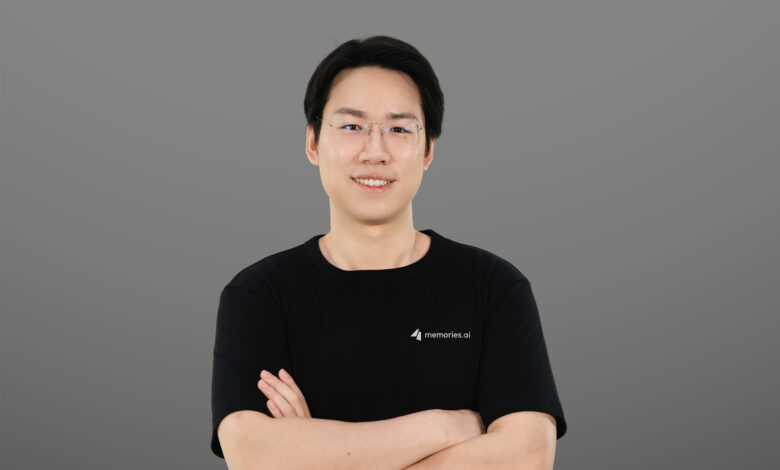
Memories.ai is making a direct play for top AI talent. The video memory startup is offering compensation packages of up to $2 million to senior researchers and applied scientists. The target pool includes candidates from Meta, OpenAI, Google, Anthropic, xAI, and Microsoft. The startup also named Chi-Hao (Eddy) Wu, a Meta veteran AI researcher, as its Chief AI Officer.
White Hot AI Talent War
Pay for elite AI researchers has exploded. Top taelnt now see offers from millions per year to headline packages in the hundreds of millions. At the very top end, Meta has tried to recruit OpenAI talent with packages reportedly up to $300M over four years, with $100M+ in year one for a few leadership-caliber candidates.
Why the spike? There are very few people who can move the state of the art. Recruiters talk about a pool that may be only several hundred people globally, so the handful who can unlock reasoning, scaling, or efficiency get “pro athlete” treatment. These deals often bundle priority GPU access, bespoke teams, and fast-track research support, not just cash and stock.
Money isn’t the only lever. Some candidates still pick labs with the right mission, compute, and leadership, even walking away from nine-figure headlines, and a few high-profile hires have already left new teams despite rich packages. Memories.ai believes the $2M offer as well as the promise to join a fast growing startup early on will be a major draw for researchers.
Its investors are on board, Lu Zhang, the Founder and Managing Partner of Fusion Fund backed the decision and said: “We invested in Memories.ai because of Shawn’s extraordinary leadership and the team’s bold vision to solve one of AI’s most important challenges, building reliable memory for intelligent systems. Their technology is foundational for the future of personalized and context-aware AI. This hiring push reflects the strong momentum they’ve already built, and we see Memories.ai as a top destination for talent who want to help reshape the future of AI.”
Building a core infrastructure for the AI age
The company’s plan is to build long-term visual memory for AI. Most models can parse short clips but forget after 15–60 minutes. That makes it hard to track evolving scenes, recurring patterns, or slow changes over days and weeks. Memories.ai says fixing memory is the key to making video AI useful in the real world.
Its answer is the Large Visual Memory Model (LVMM). LVMM ingests raw footage, structures it over time, and turns it into a searchable memory layer that other models can query. The company says customers use it to search months of footage in seconds, find scenes across large catalogs, analyze social video at scale, and add memory to on-device experiences. Memories.ai has now processed 10 million hours of video through this system.
Wu will lead research, safety, and evaluation. He will guide model and data roadmaps and help turn research into shipped product. He brings more than a decade in applied machine learning, with work across multimodal AI, computer vision, LLMs, and on-device optimization. The company frames his hire, and the pay packages, as a way to compete head-to-head with big labs on both talent and speed.
The roles on offer focus on advancing long-video reasoning, retrieval and indexing for multi-month timelines, and productizing features that close the loop from insight to action. There is also emphasis on evaluation, safety, and efficient training and inference. The goal is straightforward: make video AI intelligent, predictive, and fast enough for real use.
“The last three years belonged to text,” said co-founder and CEO Dr. Shawn Shen. “The next decade is video. We’re building the memory layer it needs.” Wu added that video AI could be a multi-trillion-dollar market and said the company aims to provide the infrastructure to get there.
Memories.ai was founded in 2024 by former Meta Reality Labs researchers Dr. Shawn Shen and Ben Zhou. Investors include Susa Ventures, Samsung Next, Crane Venture Partners, Fusion Fund, Seedcamp, and Creator Ventures.
Candidates can reach the team at [email protected] and learn more at memories.ai.


